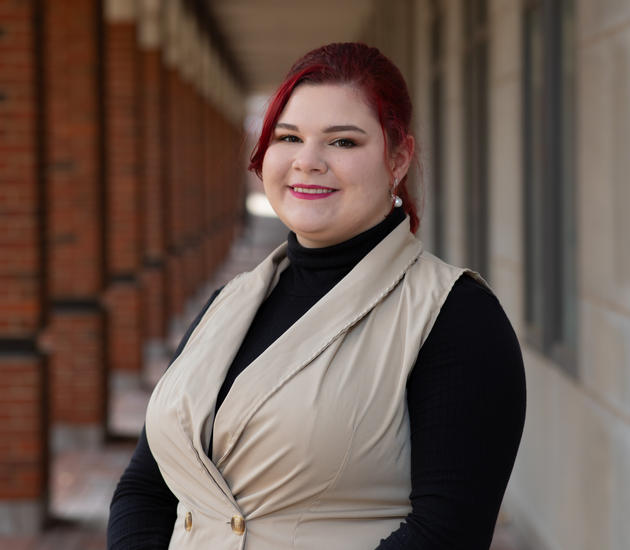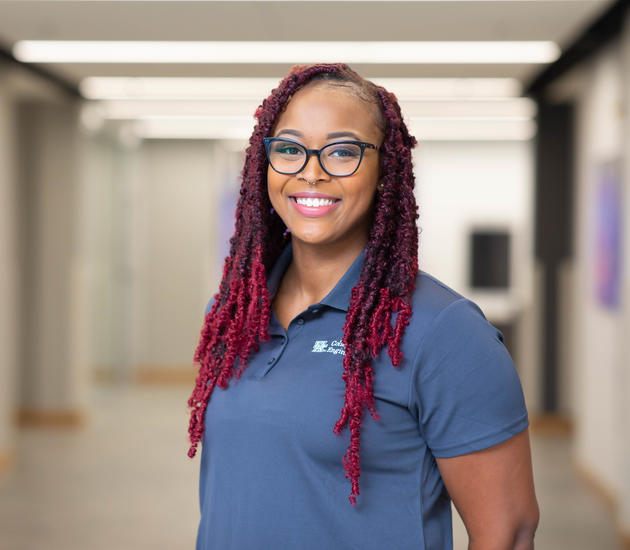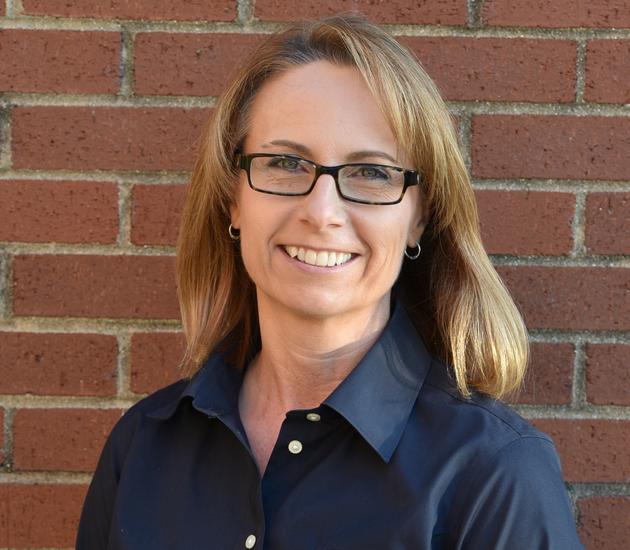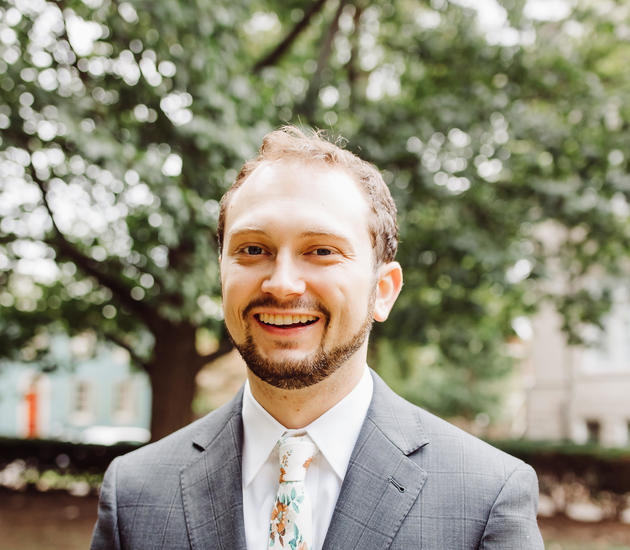By Kel Hahn
Shortly after W. Terry Strange (BSChE ’73, MSChE ’74) retired in 2013, he informed Doug Kalika, chair of the Department of Chemical and Materials Engineering, that he would like to be more involved with the department. If Kalika saw a need, and Strange was a good t, he would be happy to help. When a Hall of Distinction inductee who spent nearly 40 years at Dow Corning wants to devote time to your department, you dream up ideas quickly. Kalika, who knew Strange had taught leadership classes to plant employees, pitched the idea of a similar class for chemical and materials engineering students. Strange accepted and launched CME 395-015: Seminar in Engineering Leadership Concepts during the spring 2015 semester. The application-only class is only open to second-semester juniors pursuing a bachelor’s degree in chemical or materials engineering and is capped at 24 students.
Recently, we talked with Strange about the class, how he brings his experience into the classroom and the value of working outside the United States.
KEJ: In your own words, what is the purpose of the class?
TS: Essentially, this class is about preparing young UK students for situations they’re going to run into the rest of their lives. At their age, they don’t have a lot of world experience. They haven’t been away from home much and they have little work experience. So they have never really had to deal with people. When they graduate, they’re hopefully going to work for a company or do academic research. When they do, they will work with people who see the world differently than they do. My wife and I will go see a movie and even though we sit next to each other and see the same movie, when we start talking, it will be almost as if we saw two different movies. And that’s the way life is. You’re always around people who don’t see things the way you see them. So how do you work with people like that? How do you communicate? How do you adapt yourself to meet the situation so you can bring others with you? That’s what we do in this class.
KEJ: That sounds fascinating. How do you get that conversation started?
TS: First of all, I want them to understand who they are. We use the Myers-Briggs Type Indicator (MBTI) for that. It gives them a much better appreciation for who they are and why they have the preferences they have. Then they have to realize there are 16 different types within the MBTI and that their classmates and lab partners have different personality types than they do.
Because students often work in groups, you usually have a mix of types trying to work together. So someone who has a personality type that takes charge and knows how to get things done might get matched with two people who are thinkers. They don’t communicate well and they don’t do what they’re asked to do because they enjoy thinking about the process more than doing it. Most of the time that can be very frustrating, but what I teach in this class helps the take-charge types learn that the thinkers aren’t evil. They aren’t doing it to make others angry. They aren’t lazy. They just see the world differently. A lot of the homework for the class is sharing how they use this stuff in their lives.
KEJ: What pushback do you get from students?
TS: Probably when I talk about the difference between personality and behavior. You’re not going to change your personality but you can change your behavior. Anything that comes out of your mouth or anything you do with your body is a behavior. You choose to do it. If you react in anger, you choose to do that. Who you are down deep is your personality and it drives a lot of your behavior if you let it. But it doesn’t have to. Often, that’s a revelation to the students.
I was major manager within a chemical company for 25 years, even though my personality type isn’t usually one that is identify ed as a “born leader.” But I worked on my behavior so I could do what needed to be done.
KEJ: What stories from your experience do you tell to illustrate what you teach?
TS: I moved to Wales in Great Britain in 1995 to take charge of the largest expansion Dow Corning had ever done. We went out and hired the best engineers you could nd, but they were only interested in the technical aspects of their job. So when we needed someone to lead a team or a project, none of them wanted to do it. None of them could do it. They had zero leadership skills. So I started a leadership class there. I picked 40 of the top people across the site and said, “This is not an option. For the next year you will show up on certain days for leadership training.” My HR manager and I created the materials as we went.
Toward the end of that year, I told them the class was no longer mandatory, but they could attend for another year if they wanted to. Out of the 40, only one person dropped out. Plus, I had a list of more than 40 people who wanted to be a part of it. So I started a second group. After that year, I had another list. The whole demeanor of the site changed. Now, people were able to get together and make decisions. They felt empowered to do what they should have always been able to do. They actually didn’t need me anymore.
KEJ: You lived in Wales for nine years and China for two and a half years. How did living and working abroad shape you?
TS: I had been successful in my career already, but I didn’t have the rounding out and understanding of people that I did after going to Europe and Asia. People are people no matter where you are in the world; but we also need to remember that people in different parts of the world have principles built into their societies and that can help us understand why they do what they do. I wouldn’t have done that as much had I stayed in the U.S. I tell my class that any time they get the opportunity to study or work abroad, it would be well worth their effort to take it.
KEJ: What is one of your favorite class topics?
TS: I start o the discussion on empowerment by saying, “I am one of the most empowered people you will ever meet. Why?” They will say because I was a high-level manager. I say that has nothing to do with it. What do you need to be empowered? Knowing what to do, knowing how to do it, being motivated to do it and having the authority to do it. If you see something that needs to be done and no one has told you to do it, where do you get the authority to do it? You don’t; you just do it. That makes you so empowered if you’re smart about it. It almost always turns out to the advantage of the company. After a few minutes of talking about empowerment this way, the light bulbs tend to go on.
KEJ: Bottom line, what do you hope your students take from your class?
TS: That if you learn to recognize your limitations and the things you can do to overcome those, the sky is the limit.




